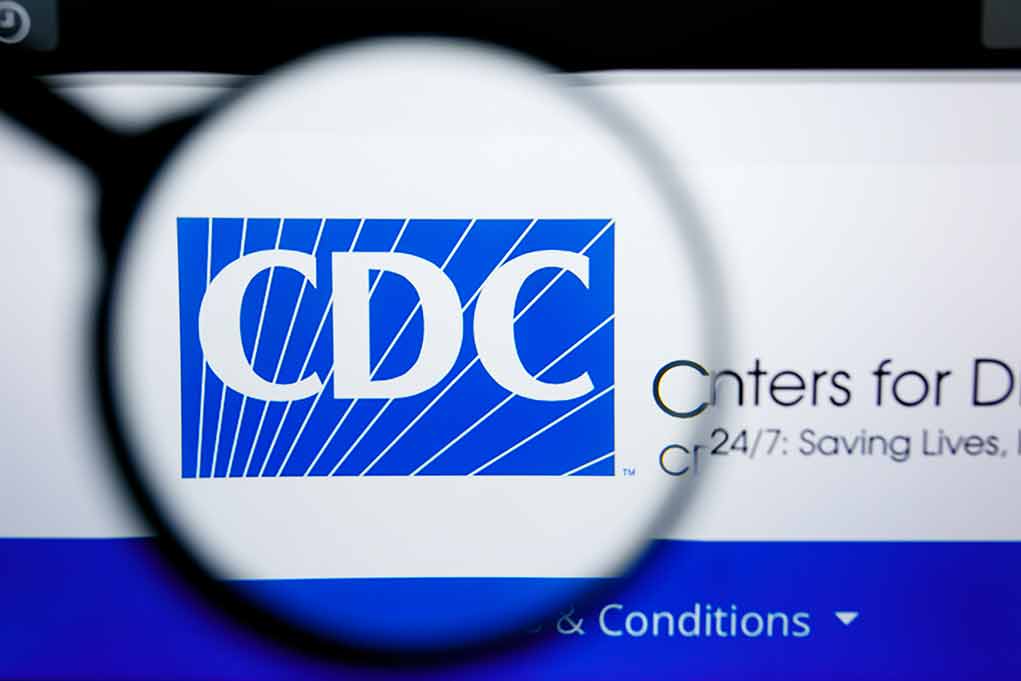
CDC advisors appointed by President Trump’s HHS Secretary Robert F. Kennedy Jr. will soon vote on removing mercury-laden thimerosal from influenza vaccines, potentially ending decades of controversy over the preservative’s use in shots given to infants and pregnant women.
Key Takeaways
- The CDC’s Advisory Committee on Immunization Practices will vote on June 26 regarding the removal of thimerosal, a mercury-based preservative, from influenza vaccines.
- Thimerosal was removed from most childhood vaccines in 1999 as a precautionary measure; however, it remains in some multi-dose flu vaccine formulations.
- HHS Secretary Robert F. Kennedy Jr., who has long advocated against thimerosal, replaced all 17 advisory panel members with eight new advisors, some with histories of vaccine skepticism.
- Health advocates like Children’s Health Defense are pushing for complete removal, while some medical professionals warn the decision could undermine vaccine confidence.
- Despite FDA claims of safety at current concentrations, concerns persist about mercury exposure, particularly in vulnerable populations.
Mercury Preservative Under Scrutiny
Thimerosal, a mercury-containing compound used since the 1930s to prevent bacterial and fungal contamination in vaccines, faces a critical review that could permanently alter America’s vaccine policy. The preservative has been mostly phased out of childhood vaccines since 1999, when concerns about cumulative mercury exposure prompted precautionary removal. However, it remains present in some multi-dose influenza vaccine vials, which are administered to children as young as six months and pregnant women, groups particularly vulnerable to potential neurotoxic effects.
“There is a virtually unanimous scientific consensus among the hundreds of research scientists who have published peer-reviewed articles in the field that Thimerosal is immensely toxic to brain tissue,” stated Secretary of Health and Human Services Robert F. Kennedy Jr..
Kennedy, appointed by President Trump to lead HHS, has completely restructured the CDC’s vaccine advisory committee, replacing all 17 previous members with eight new advisors. Several of these appointees have expressed skepticism about various vaccine policies in the past. This dramatic overhaul represents the administration’s commitment to questioning long-standing medical practices that have raised safety concerns among parents and medical freedom advocates for decades.
The Scientific Debate
The controversy surrounding thimerosal centers on ethylmercury, the compound it metabolizes into once inside the body. While the FDA maintains that there are no known health risks at the concentrations used in vaccines, critics point out that ethylmercury’s neurotoxic properties haven’t been studied as extensively as those of other forms of mercury. The 1999 decision to remove thimerosal from most pediatric vaccines was made primarily as a precaution when calculations suggested that infants receiving multiple thimerosal-containing vaccines might exceed EPA guidelines for mercury exposure.
“We are hopeful that the consideration of thimerosal will spark a thorough discussion that it deserves, hopefully leading to its removal from all vaccines,” said Brian Hooker, chief scientific officer for the Children’s Health Defense organization.
Advocates for removal argue that safer alternatives already exist, as evidenced by the successful reformulation of other vaccines over the past two decades. Many flu vaccines are already available in single-dose presentations that don’t require thimerosal. Critics of the upcoming vote suggest it’s unnecessary to revisit a decision that was effectively made 25 years ago when most childhood vaccines were reformulated without the mercury-based preservative.
Political Implications
The CDC advisory committee’s vote comes at a time when vaccine policies are increasingly viewed through a political lens. Kennedy, who wrote a controversial book in 2014 linking thimerosal to autism and other neurological conditions, has long advocated for removing the preservative from all vaccines. The Trump administration’s appointment of Kennedy to lead HHS signaled a willingness to challenge establishment medical positions, particularly regarding vaccine ingredients and schedules that many conservative voters have questioned.
“Elevating this debunked myth to national policy lends credence to misinformation and sets the stage for other actions that may undermine vaccine confidence in the United States,” warned Dr. Jeremy Faust, representing the perspective of medical professionals who oppose revisiting the thimerosal question.
The CDC has already seen significant policy changes under Kennedy’s leadership. Without waiting for an advisory committee vote, the department recently updated its COVID-19 vaccination recommendations, removing specific guidance encouraging pregnant women and children to receive those shots. The upcoming vote on thimerosal continues this pattern of reevaluating established vaccine policies based on concerns from parents and medical freedom advocates who have long questioned the necessity of certain vaccine ingredients.











